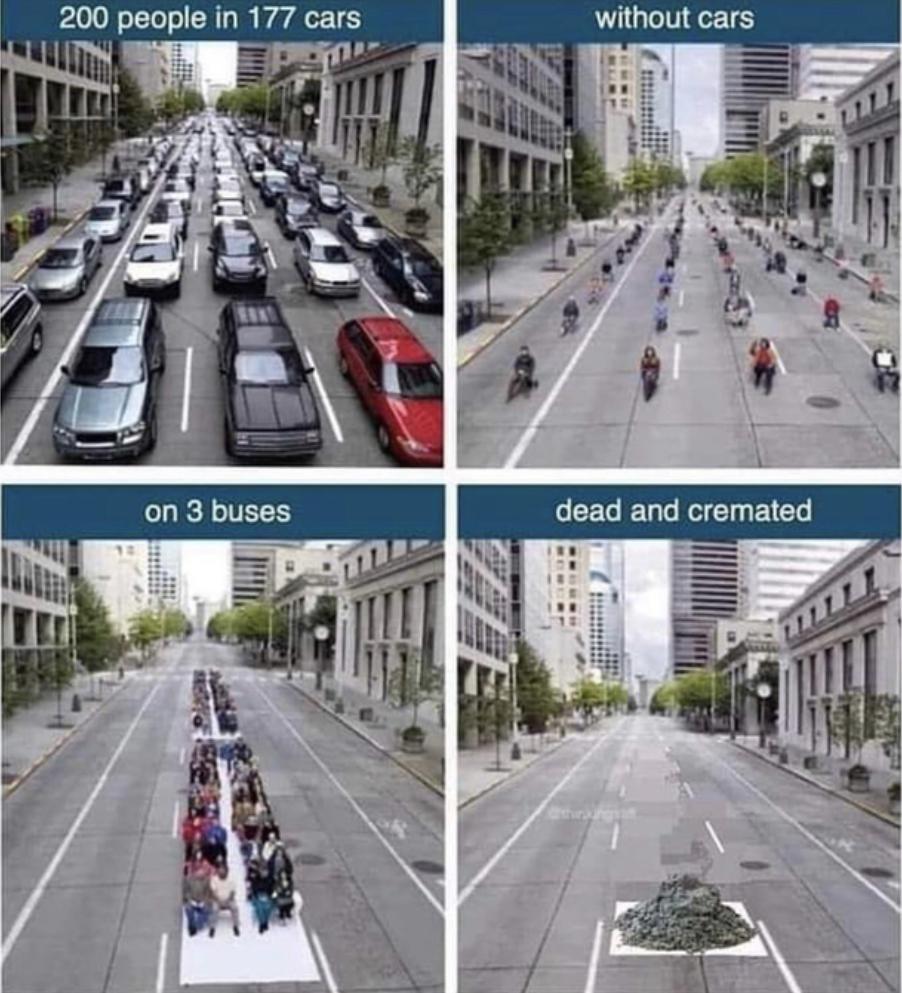this post was submitted on 04 Oct 2023
979 points (96.0% liked)
internet funeral
6925 readers
2 users here now
ㅤㅤㅤㅤㅤㅤㅤㅤㅤㅤㅤㅤㅤㅤㅤㅤㅤㅤㅤㅤㅤㅤㅤㅤㅤㅤㅤㅤart of the internet
What is this place?
• !hmmm@lemmy.world with text and titles
• post obscure and surreal art with text
• nothing memetic, nothing boring
• unique textural art images
• Post only images or gifs (except for meta posts)
Guidlines
• no video posts are allowed
• No memes. Not even surreal ones. Post your memes on !surrealmemes@sh.itjust.works instead
• If your submission can be posted to !hmmm@lemmy.world (I.e. no text images), It should be posted there instead
This is a curated magazine. Post anything and everything. It will either stay up or be lost into the void.
founded 1 year ago
MODERATORS
you are viewing a single comment's thread
view the rest of the comments
view the rest of the comments

Most of these issues are a funding and infrastructure problem. More funding + better infrastructure to handle it = more direct routes with fewer stops to handle more demand.
Exactly. I haven't met a single person who simultaneously thinks "fuck cars" and "we should get rid of cars tomorrow"
At the moment, there's no way most people could get rid of cars.
I say this as someone who has never had a licence (too disabled to drive), I've always relied on walking, cycling or bus/train.
The way most places in my country (Australia) are set up, you need access to a car. Ideally, your own car or a shared family car.
I don't have that luxury, I've built my life around making that work for me. I've chosen my career based on it, I'm forced to choose where I rent based on it, I have to turn down invitations to events I want to attend because of it, unless a driving friend is attending, or it's not ludicrously expensive to uber - but neither is the solution to our current infrastructure'a dependency on cars.
There are so many options for good infrastructure and systems of public and private transport, but the current rate of implementation means those who can drive are practically forced to, and those that can't are at a genuine disadvantage compared to driving peers.